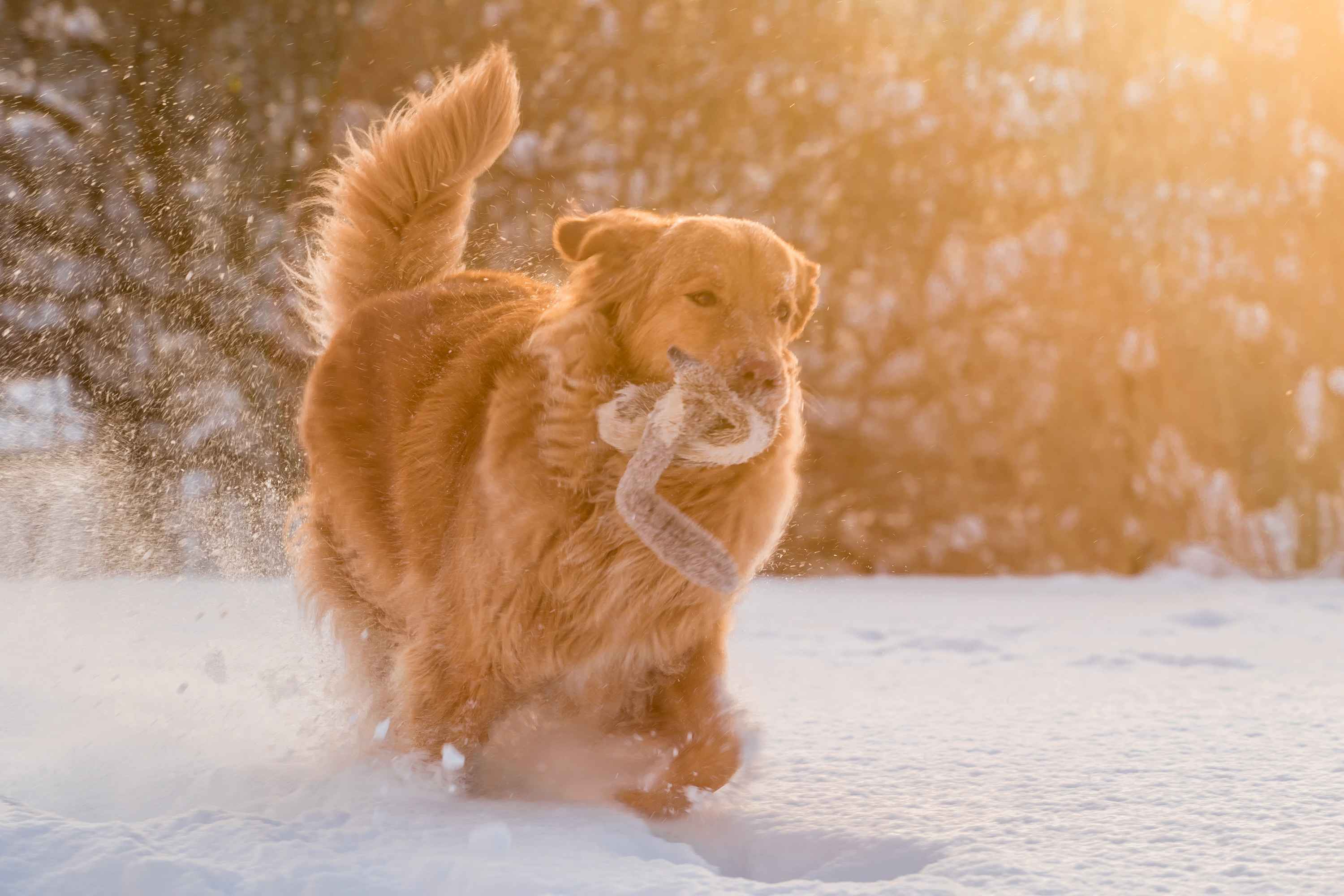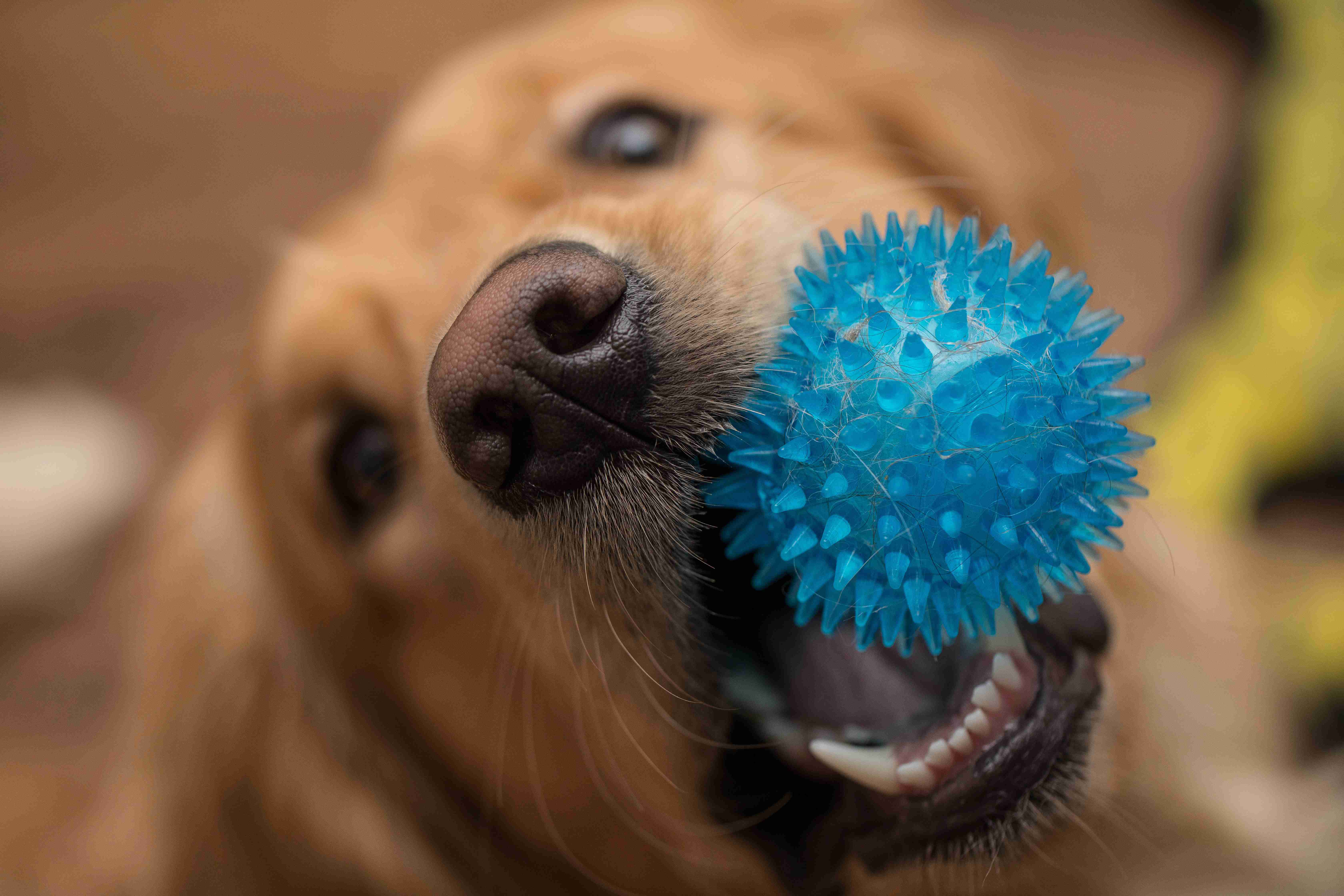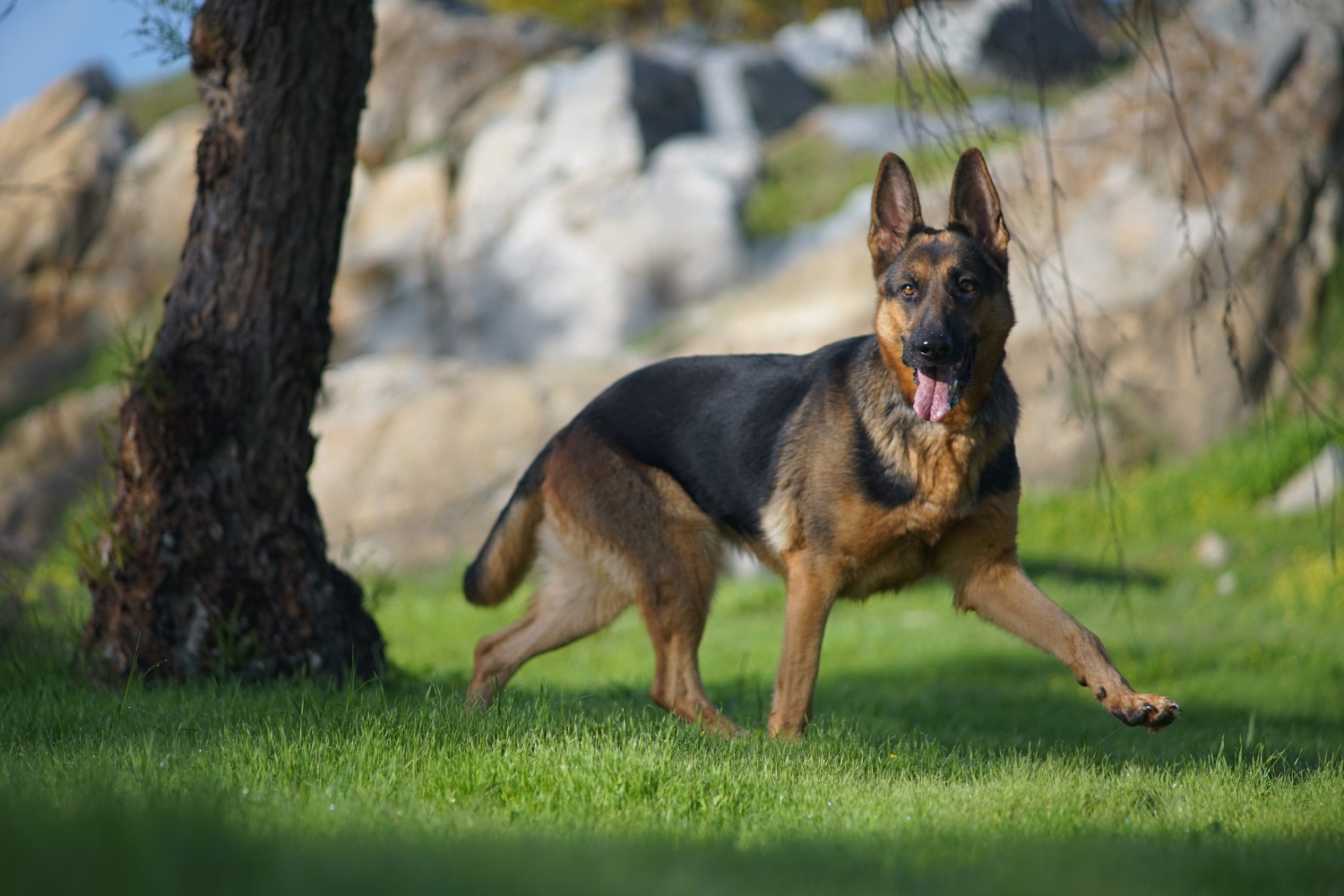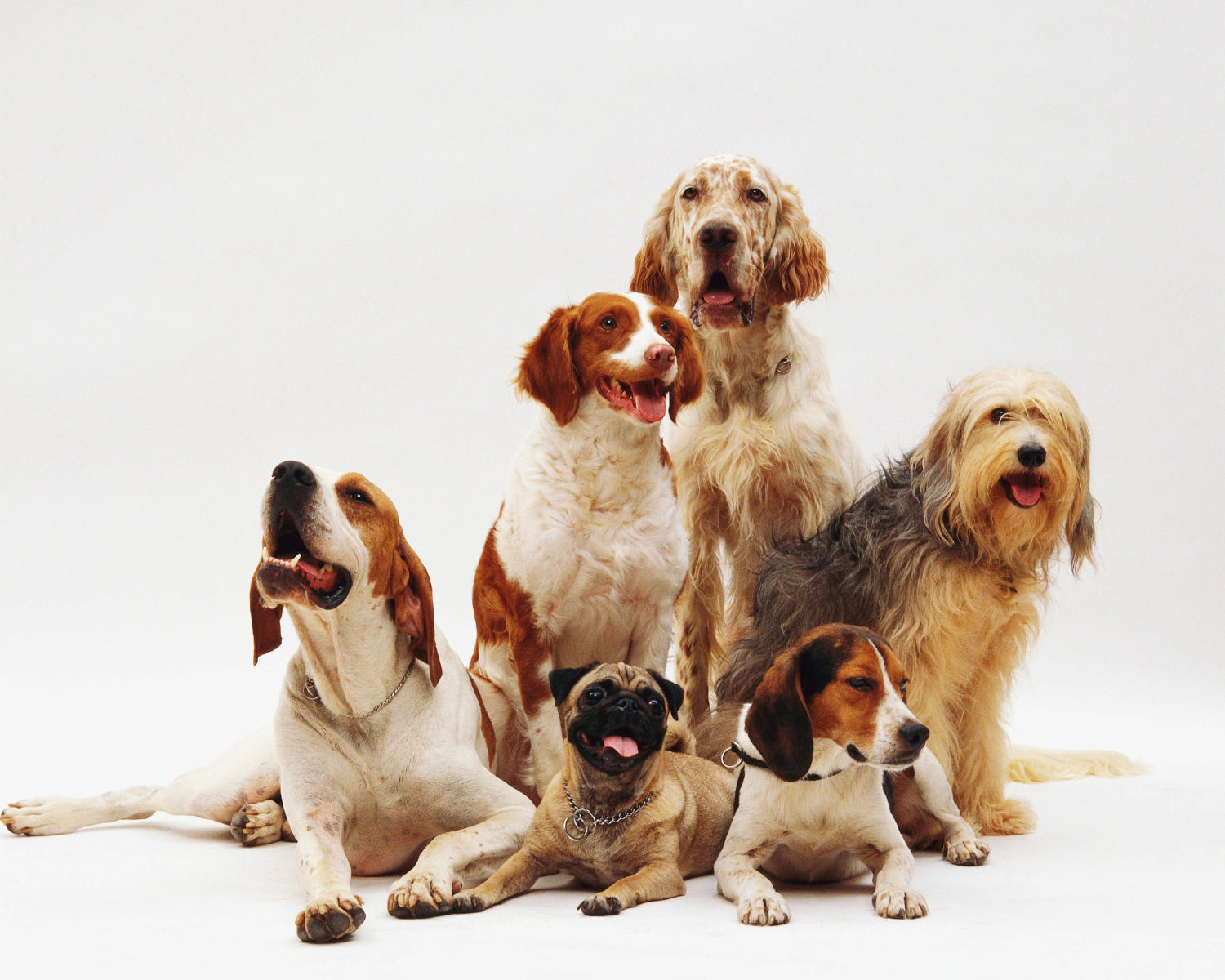Parvo virus is a highly contagious and potentially deadly disease that affects dogs. It can cause severe vomiting, diarrhea, and dehydration, leading to a weakened immune system, and even death if left untreated. As a dog owner, it’s essential to know the symptoms of this virus and what treatment options are available. In this blog post, we will discuss everything you need to know about parvo virus, including its symptoms, how it’s transmitted, and the available treatment options to help your furry friend recover. So, let’s dive in and gain a better understanding of this dangerous disease.
Understanding Parvo Virus: Symptoms and Treatment Options You Need to Know
Parvo virus is a highly contagious and potentially fatal virus that affects dogs of all ages, but particularly puppies. It is caused by the canine parvovirus (CPV), which attacks the gastrointestinal system, immune system, and sometimes the heart. In this blog post, we will discuss the symptoms of parvo virus and the available treatment options.
Symptoms of Parvo Virus
The symptoms of parvo virus can vary depending on the dog’s age, immune system, and the severity of the infection. In general, the symptoms of parvo virus include:
1. Vomiting: Dogs with parvo virus will often show signs of vomiting, which can be severe and persistent.
2. Diarrhea: The diarrhea associated with parvo virus is often bloody and foul-smelling. The dog may have frequent bowel movements and may seem to be straining.
3. Loss of appetite: Dogs with parvo virus may lose their appetite and refuse to eat or drink.
4. Dehydration: Due to the vomiting and diarrhea, dogs with parvo virus can become dehydrated quickly, which can lead to other complications.
5. Fever: Dogs with parvo virus may develop a fever, which can be an indication of the body’s attempt to fight off the infection.
6. Lethargy: Dogs with parvo virus may seem weak, tired, and less active than usual.
Treatment Options for Parvo Virus
If you suspect that your dog has parvo virus, it is important to seek veterinary care immediately. Treatment for parvo virus can be expensive and time-consuming, but prompt treatment can increase the chances of survival.
 - Copy - Copy.png)
1. Fluid therapy: Dogs with parvo virus will need to be rehydrated, often through intravenous fluids, to replace the fluids lost due to vomiting and diarrhea.
2. Antibiotics: Antibiotics may be prescribed to prevent secondary infections, such as bacterial infections.
3. Anti-nausea medication: Medications may be given to control vomiting and nausea.
4. Nutritional support: Dogs with parvo virus may not feel like eating, but they still need nutrition to help fight off the infection. Nutritional support may include special diets, feeding tubes, or other methods.
5. Isolation: Dogs with parvo virus should be isolated to prevent the spread of the virus to other dogs.
Preventing Parvo Virus
Preventing parvo virus is crucial, as it can be difficult and expensive to treat. Here are some things you can do to prevent parvo virus:
1. Vaccinate your dog: The best way to prevent parvo virus is to vaccinate your dog. Puppies should receive a series of vaccinations starting at 6-8 weeks of age, with booster shots given every 3-4 weeks until the puppy is 16 weeks old. Adult dogs should receive a booster shot every 1-3 years.
2. Avoid areas where parvo virus is common: Parvo virus is often found in areas where there are many dogs, such as dog parks and dog shows.
3. Clean and disinfect: If you suspect that your dog has been exposed to parvo virus, clean and disinfect any areas where your dog has been, including toys, bedding, and food and water bowls.
4. Quarantine new dogs: If you are bringing a new dog into your home, quarantine them for at least two weeks to ensure that they are not carrying the virus.
Conclusion
Parvo virus is a serious and potentially fatal virus that can affect dogs of all ages. If you suspect that your dog has parvo virus, seek veterinary care immediately. Treatment for parvo virus can be expensive and time-consuming, but prompt treatment can increase the chances of survival. The best way to prevent parvo virus is to vaccinate your dog and take steps to avoid exposure to the virus.
In conclusion, parvo virus is a serious and potentially deadly disease that can affect dogs of all ages. Knowing the symptoms and seeking prompt treatment can make all the difference in helping your furry friend recover. Remember to always keep your dog’s vaccinations up to date and practice good hygiene to prevent the spread of this virus. By being informed and taking proactive steps, you can help keep your dog healthy and safe from the dangers of parvo virus.


%20-%20Copy%20-%20Copy.png)


.jpg)
%20-%20Copy.jpg)

